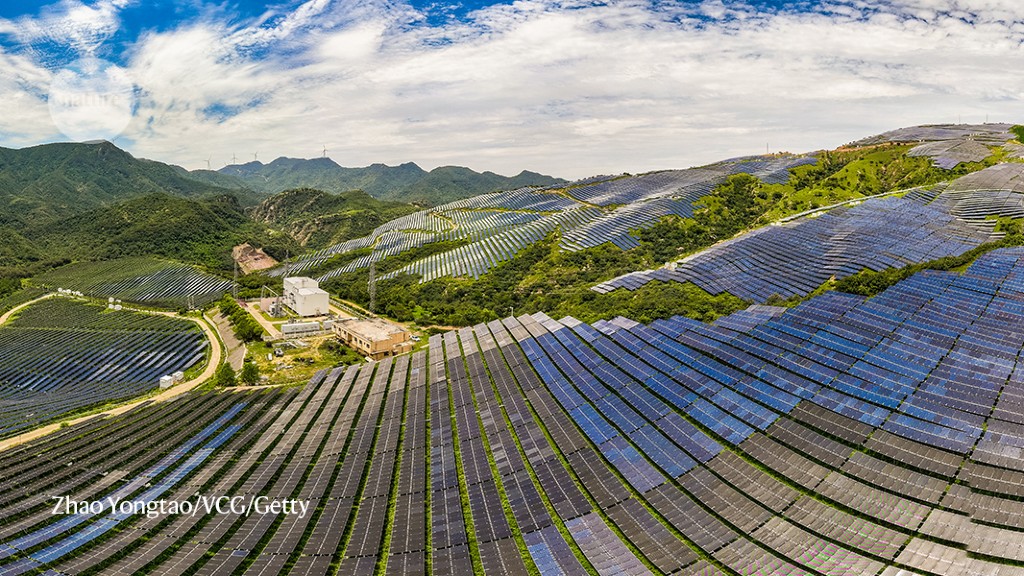Just Energy Transition Partnerships (JETPs): A global view of coal-fired power stations in Mpumalanga, South Africa
Progress has been slow even though the energy access targets were always going to be a challenge. Take energy efficiency. The increase in energy efficiency has meant less pollution in the past few years. But meeting the target for 2030 — to double the rate of the 1990–2010 average — would require gains of around 3.4% every year for the rest of this decade.
The picture for renewable energy is not always positive. Despite significant growth in wind and solar power, progress in the heat and transport sectors is still slow. The share of renewable energy in total energy use was 19.1% in 2020, but just one-third of that came from burning resources such as wood.
The study evaluated 56 indicators. An international climate finance mechanism that would impose fees on carbon emissions is a proposed intervention. A second focuses on promoting healthy diets — including reducing the consumption of meat, the production of which requires a lot of water, energy and land. This would benefit people on low incomes by lowering both food and energy prices.
The biggest challenge is to translate the models to the real world. To do so, we need leaders that are aware of the latest science and can draw on research to build public support for the necessary energy transition. We require more national and international public institutions that are willing to address problems at the system level. The science community that is willing and able to champion knowledge and evidence is what this needs.
There are currently 150MV of solar, 70MV of wind, and 150MV of storage batteries being installed on the site. The beating of coal-fired swords into sustainable plowshares has become the new narrative for the Mpumalanga province, home to most of South Africa’s coal-fired power stations, including Komati.
That came in the form of a partnership between South Africa, European countries and the US at the Climate Change summit in Glasgow, Scotland. Together, they made a deal to deliver $8.5 billion in loans and grants to help speed up South Africa’s transition to renewables, and to do so in a socially and economically just way.
This agreement was the first of what’s being called Just Energy Transition Partnerships, or JETPs, an attempt to catalyze global finance for emerging economies looking to shift energy reliance away from fossil fuels in a way that doesn’t leave certain people and communities behind.
Indonesia has signed an agreement worth $20 billion since South Africa made its first deal. Vietnam has signed an agreement worth $15.5 billion and Senegalese has signed an agreement worth $2.75 billion. There are discussions regarding an agreement for India. $100 billion is on the table.




